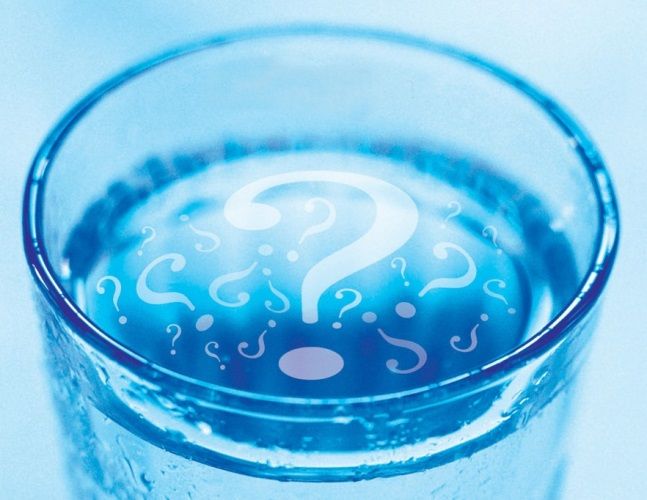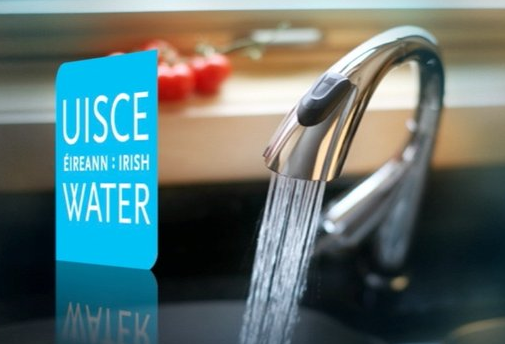EU to Take Action over Ireland’s ‘Dangerous’ Drinking Water
Published on by Water Network Research, Official research team of The Water Network in Government
The European Commission will take infringement proceedings against Ireland due to dangerous levels of chemicals found in drinking water.

THMs are carcinogenic chemicals formed when chlorine is added to purify water.’
The commission wrote to the Department of Housing this month confirming that a pilot case it had initiated into the level of trihalomethanes (THMs) in the water system has been closed.
In the correspondence, it confirmed that further “treatment” would now be necessary to deal with the chemicals, which have been linked to cancer.
A spokesman said the commission would now move to take “more formal steps” in response to ongoing concerns.
Sources confirmed that infringement proceedings would begin within a matter of weeks.
Ireland will be given the opportunity to respond to the action. If its response is inadequate, the commission can take the case to the European Court of Justice, whose judgment is binding.
Significant daily penalties could be imposed by the court if Ireland does not act appropriately.
THMs are chemicals that have been present in many public water supplies for years. They are formed when chlorine is added to purify water.
Long-term exposure is reported to carry increased risks of cancers, including of the bladder and colon, and causes damage to the heart, lungs, liver, kidney and central nervous system.

Limited levels
Permissible levels of trihalomethanes in drinking water are limited by the EU drinking water directive and World Health Organisation guidelines.
It is understood that up to 400,000 households in Ireland are affected, including ones in parts Kerry and Cork, Kilkenny city, Waterford, Wicklow, Meath, Mayo, Roscommon, Donegal and Galway.
Ireland has been warned it must meet its obligations under the EU Water Framework Directive or it could face additional action by the commission.
In its letter to the committee, it said Ireland must abide by the principle of making the polluter pay and the cost recovery principle.
Read more on: Irish Times
Media
Taxonomy
- Public Health
- Treatment
- Decontamination
- Policy
- Legal Policy Frameworks
- water treatment
- Contaminants
- Legal Affairs
- Public Health
- Contaminant Control
2 Comments
-
I meant haloacetic acids rather than haloacetonitriles.
-
THMs are not carcinogenic. See WHO Guidelines for Drinking Water Quality 4th edition, 2011. BDCM was not completely reviewed at that time, but was negative in the latest cancer testing. They were thought to be carcinogens when originally regulated in the 1970's based upon testing the animals when they were dissolved in corn oil. Subsequent testing in drinking water has shown that they are not carcinogenic under the high dose test conditions. THMs, along with haloacetonitriles are primarily used as indicators of the aggregated halogenated chemical disinfection byproducts because they are readily analyzed and they represent a high percentage of the weight of disinfection byproducts. The Irish Times should rewrite their article.